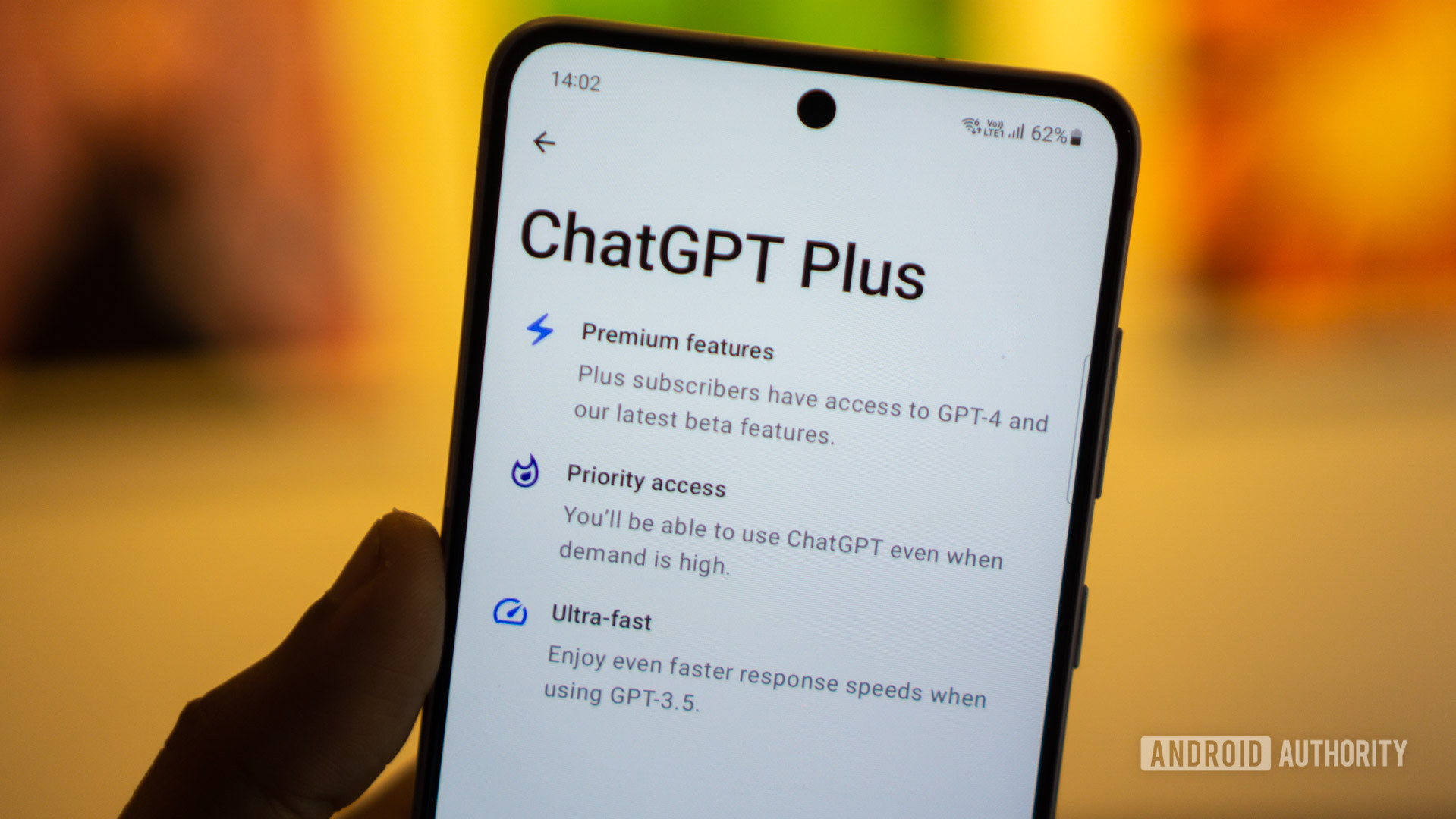OpenAI’s ChatGPT is making significant strides towards becoming the default virtual assistant on Android devices, potentially challenging the dominance of Google Assistant. Android Authority recently uncovered hidden code within the latest version of the ChatGPT app for Android, hinting at OpenAI’s intentions to seamlessly integrate ChatGPT into Android devices.
This development may offer users a more accessible alternative to Google Assistant, with the ability to activate ChatGPT through shortcut buttons or voice commands, such as “Hey ChatGPT.”
Expanding reach without hostility
OpenAI’s move to establish ChatGPT as a default digital assistant option on Android devices does not signify a hostile takeover. Android allows users to switch their default digital assistant app to alternatives like Alexa or Bixby.
However, OpenAI’s interest in broadening ChatGPT’s accessibility raises intriguing possibilities for users seeking AI-driven assistance beyond Google’s ecosystem. Although these plans are still subject to change, they hold the potential to reshape the virtual assistant landscape.
A noteworthy discovery in the hidden code is the development of a new tile for the Quick Settings panel on Android. This innovation aims to provide users with an additional and efficient way to access ChatGPT. Such a feature underscores OpenAI’s commitment to streamlining user interactions with ChatGPT, enhancing user convenience, and establishing AI as a versatile digital assistant.
GPT store launch
In a separate development, OpenAI is set to launch the GPT Store, an eagerly anticipated marketplace initially delayed but now scheduled to debut next week. The GPT Store promises a novel opportunity for ChatGPT users to create customized versions of the AI and market them to individuals and businesses.
Based on generative pre-trained transformers (GPTs), these customizable bots can be tailored to specific personalities or specialized tasks, presenting diverse possibilities for users. For instance, users can craft bots for tech support or recipe generation, making AI more adaptable to unique user needs.
One of the most intriguing aspects of this initiative is the ability to infuse custom bots with knowledge from external sources, expanding beyond OpenAI’s pre-existing training data. Users with expertise in particular domains, such as scientific research, can leverage this feature by integrating their data into a GPT, allowing them to pose specific queries related to their field of expertise. Currently, the privilege to create custom bots is reserved for ChatGPT Plus and Enterprise account holders.
Fostering innovation and growth
OpenAI’s foray into enabling users to create and market their customized AI bots is reminiscent of the smartphone app ecosystem’s growth following Apple’s introduction of the App Store in 2008.
This initiative aims to encourage innovation and diversity within the AI landscape, fostering the development of tailored solutions that cater to users’ unique needs and preferences. However, several critical details, such as the user verification process and revenue-sharing mechanisms, are yet to be disclosed.





